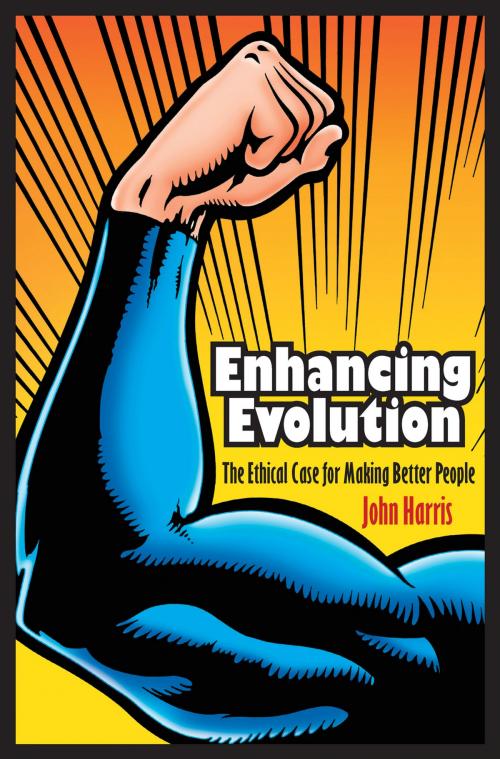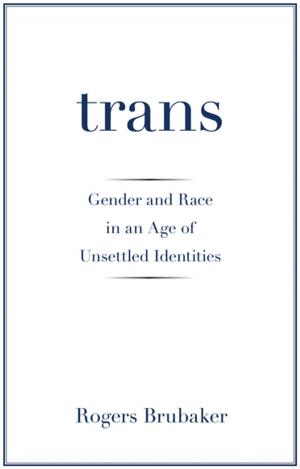Enhancing Evolution: The Ethical Case for Making Better People
Nonfiction, Science & Nature, Science, Biological Sciences, Genetics, Other Sciences, Philosophy & Social Aspects, Religion & Spirituality, Philosophy, Ethics & Moral Philosophy| Author: | John Harris | ISBN: | 9781400824021 |
| Publisher: | Princeton University Press | Publication: | August 13, 2007 |
| Imprint: | Language: | English |
| Author: | John Harris |
| ISBN: | 9781400824021 |
| Publisher: | Princeton University Press |
| Publication: | August 13, 2007 |
| Imprint: | |
| Language: | English |
Decisive biotechnological interventions in the lottery of human life--to enhance our bodies and brains and perhaps irreversibly change our genetic makeup--have been widely rejected as unethical and undesirable and have often met with extreme hostility. But in Enhancing Evolution leading bioethicist John Harris dismantles objections to genetic engineering stem-cell research designer babies and cloning to make a forthright sweeping and rigorous ethical case for using biotechnology to improve human life. Human enhancement Harris argues is a good thing--good morally good for individuals good as social policy and good for a genetic heritage that needs serious improvement. Enhancing Evolution defends biotechnological interventions that could allow us to live longer healthier and even happier lives by for example providing us with immunity from cancer and HIV/AIDS. But the book advocates far more than therapies designed to free us from sickness and disability. Harris champions the possibility of influencing the very course of evolution to give us increased mental and physical powers--from reasoning concentration and memory to strength stamina and reaction speed. Indeed he supports enhancing ourselves in almost any way we desire. And it's not only morally defensible to enhance ourselves Harris says. In some cases it's morally obligatory. Whether one looks upon biotechnology with hope fear or a little of both Enhancing Evolution makes a case for it that no one can ignore.
Decisive biotechnological interventions in the lottery of human life--to enhance our bodies and brains and perhaps irreversibly change our genetic makeup--have been widely rejected as unethical and undesirable and have often met with extreme hostility. But in Enhancing Evolution leading bioethicist John Harris dismantles objections to genetic engineering stem-cell research designer babies and cloning to make a forthright sweeping and rigorous ethical case for using biotechnology to improve human life. Human enhancement Harris argues is a good thing--good morally good for individuals good as social policy and good for a genetic heritage that needs serious improvement. Enhancing Evolution defends biotechnological interventions that could allow us to live longer healthier and even happier lives by for example providing us with immunity from cancer and HIV/AIDS. But the book advocates far more than therapies designed to free us from sickness and disability. Harris champions the possibility of influencing the very course of evolution to give us increased mental and physical powers--from reasoning concentration and memory to strength stamina and reaction speed. Indeed he supports enhancing ourselves in almost any way we desire. And it's not only morally defensible to enhance ourselves Harris says. In some cases it's morally obligatory. Whether one looks upon biotechnology with hope fear or a little of both Enhancing Evolution makes a case for it that no one can ignore.















